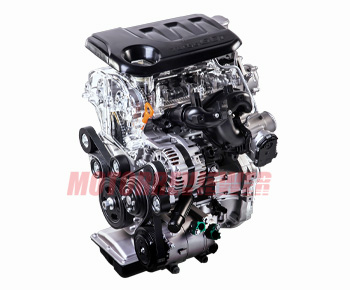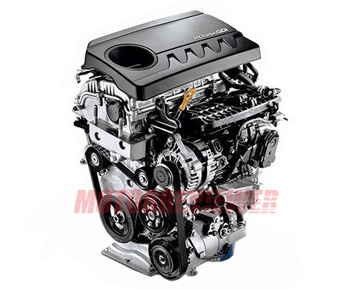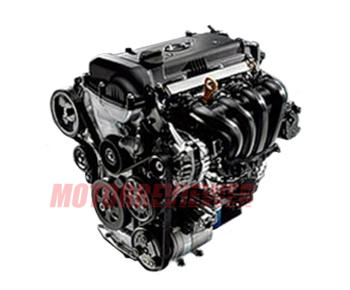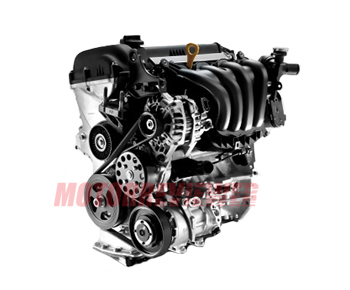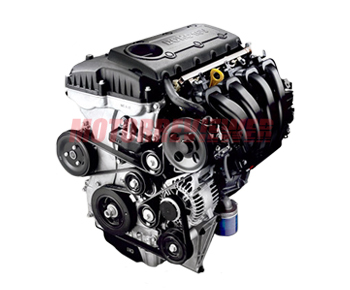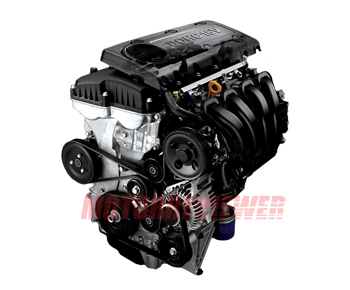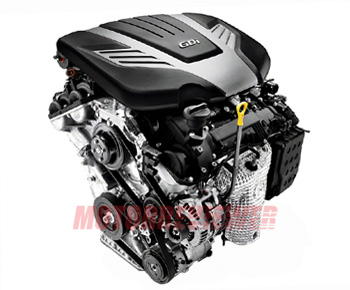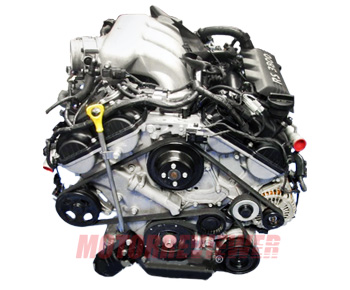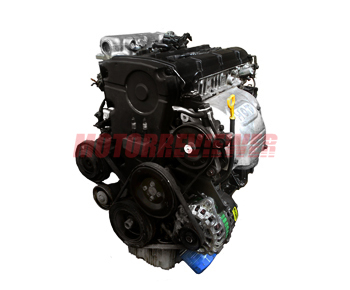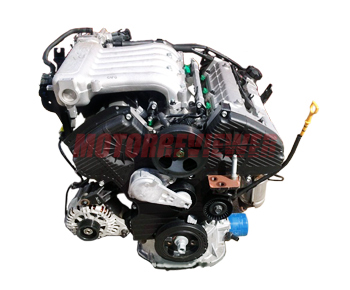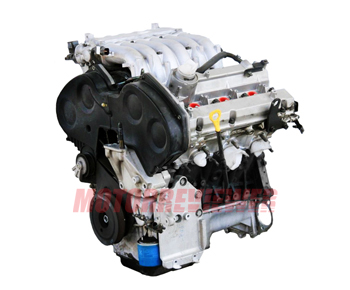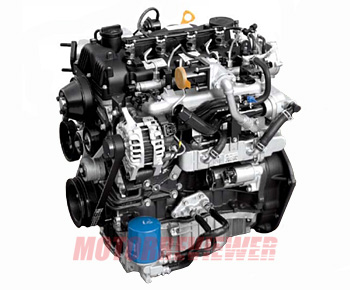List of Hyundai KIA Engines - Specs, Common Problems, Reliability
Gasoline Engines
1.0 MPi/T-GDi Engine (Kappa G3LA/G3LC)
Kona, i20, Ceed, Stonic
2011-present
1.4 T-GDi Engine (Kappa G4LD)
i30, Ceed, Elantra
2016-present
1.4L Engine (Gamma G4FA)
Rio, Ceed, i20
2007-present
1.6L Engine (Gamma MPI/GDI/T-GDI)
Accent, Ceed, Rio
2007-present
2.0L Engine (Theta MFI/GDI Turbo)
Sorento, Sonata, Stinger
2004-present
2.4L Engine (Theta MFI/GDI)
Santa Fe, Sonata
2004-present
3.3L Engine (Lambda MPI/GDI/T-GDI)
Santa Fe, Stinger
2006-present
3.8L Engine (Lambda RS/MPI/GDI)
Genesis Coupe, Palisade
2005-present
G4GC 2.0L Engine
Elantra, Coupe, i30
2000-2011
G6BA 2.7L Engine
Santa Fe, Tucson
1998-2009
G6CU/G6AU 3.5L Engine
Sedona, Sorento
1999-2007
Diesel Engines
2.2L CRDi Engine (D4HB)
Santa Fe, Sorento
2009-present
Hyundai KIA EV Powertrain Specifications
No e-powertrains yet.
Hyundai KIA

Hyundai Motor Company is the most significant car manufacturer in South Korea, and the fourth car manufacturer in the world.
The company was founded in 1967. It started with the production of several cars and a truck, which were models of Ford Company. Since 1974, the company began to produce their vehicles. Hyundai absorbed Korean car manufacturer Kia Motors in 1998. This way the company became to be the big conglomerate Hyundai Kia Automotive Group.
Hyundai-Kia engines break quiet rare, are not sensitive to the quality of fuel, have a reliable and straightforward design. At the same time, they consume not much fuel and are environmentally friendly. Engines are produced both in Korea and in other countries like China. There is a unified system of quality control and uniform standards for the production at all plants. Hyundai designs and produces engines usually for both car brands - Hyundai and KIA.

